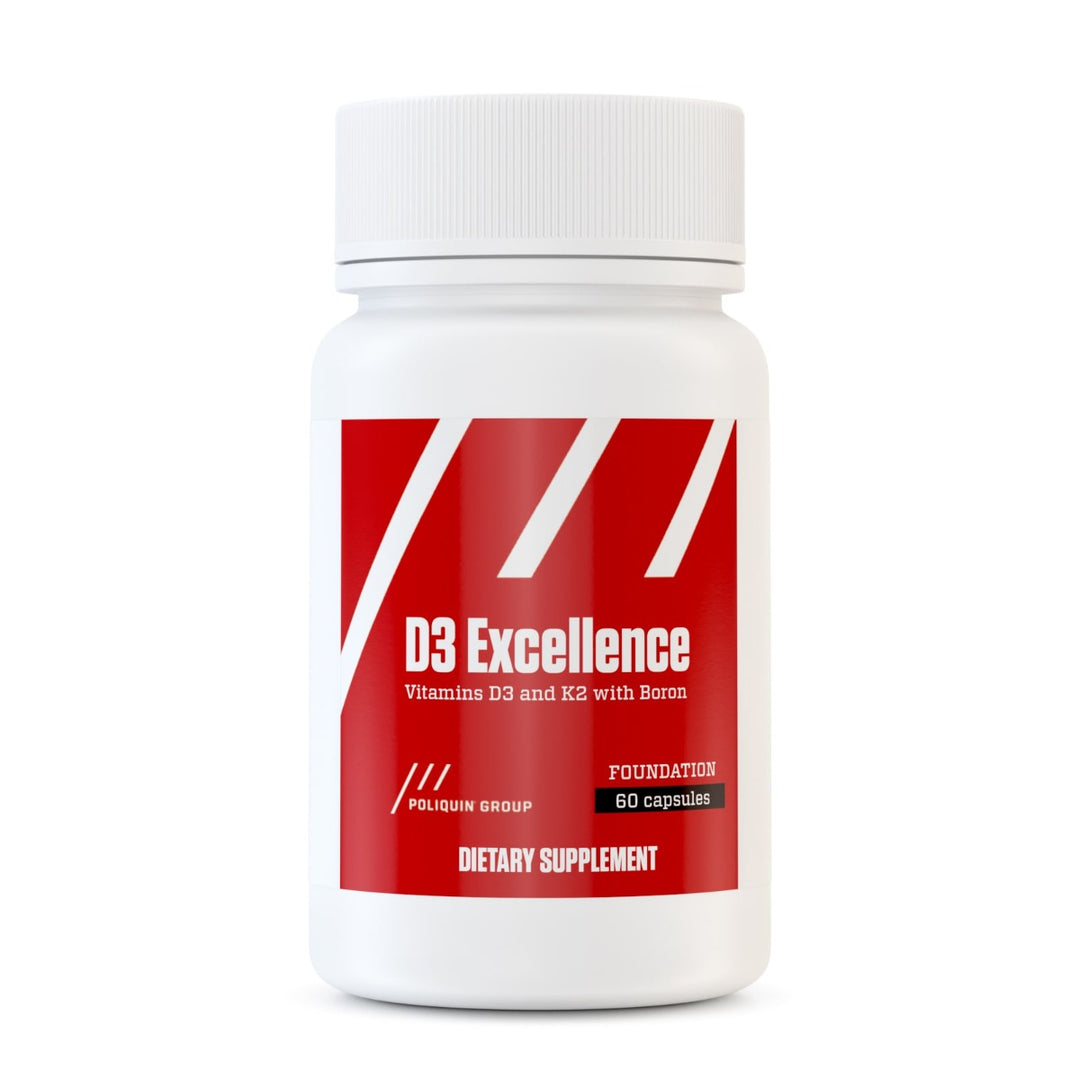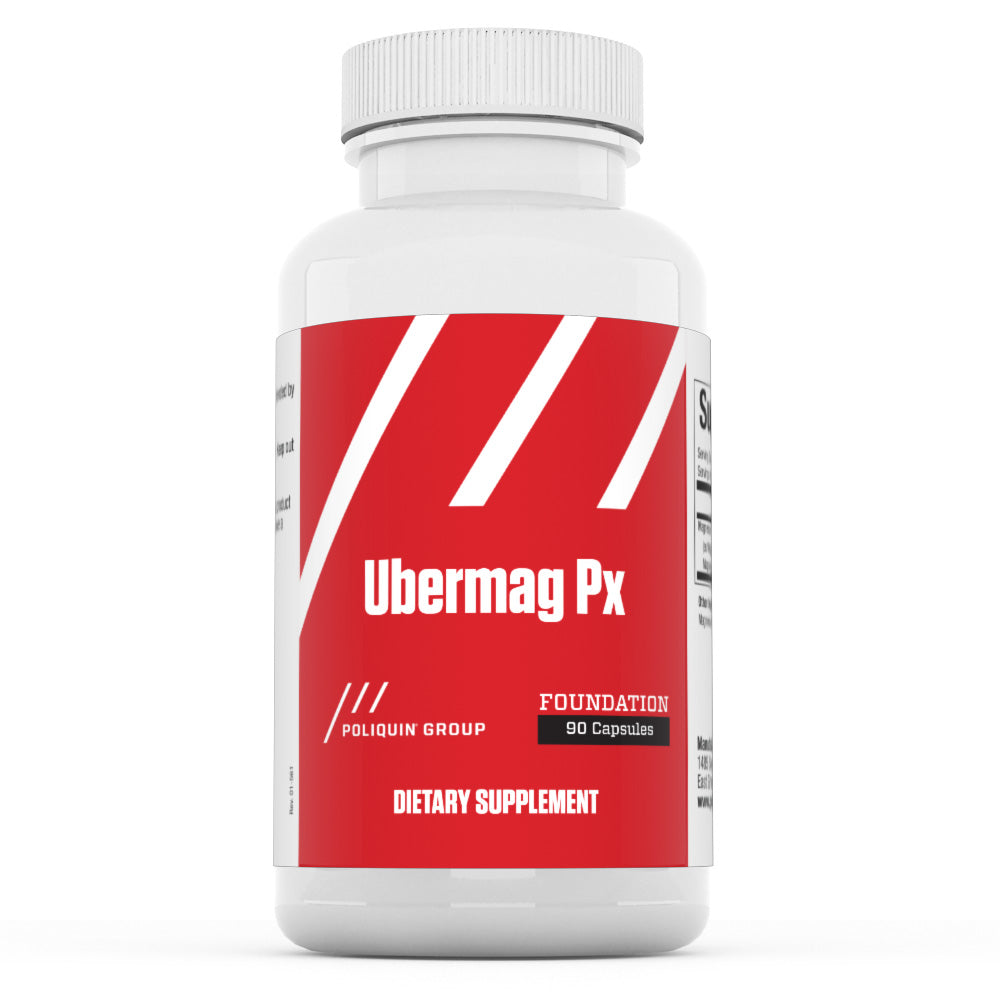Cheat Meals Questions: How Much Junk Food Can You Get Away With?
As more and more people try to fight obesity and improve health, cheat meals have gone mainstream. More people are trying to adopt a healthy diet most of the time, while relying on cheat meals to give them some relief. This begs the question of how often to cheat, and when you do indulge, can you get away with junk food?
The answer might surprise you.
Most coaches recommend the 80/20 approach: Eat healthy, whole foods at least 80 percent of the time but also enjoy the occasional unhealthy foods (less than 20 percent of the time) if you want. This approach can work in certain situations, however, there are several populations for which this advice can go wrong.
The problem with the 80/20 approach is two-fold. First, for people who are new to healthy eating, it’s very easy for 80/20 to turn into 70/30 or 60/40, especially if you are eating your cheat meals on the weekend. It’s easy for a cheat meal to turn into a cheat day, which melds into a cheat weekend. As good eating habits erode, it becomes all that much harder to get back on track.
Second, if fat loss is your goal, 80/20 can backfire. Consider that if you are eating 80 percent of your meals healthy, that’s 17 meals out of 21, with 4 leftover for unhealthier choices. Say you are shooting to consume 600 calories per meal for a total of 1,800 a day. This gives you a small deficit of 200 to 400 calories depending on activity levels and metabolic rate.
Reports of calorie intake during cheat meals show that it’s easy to double or even quadruple your calories, getting anywhere from 1,200 to 2,000-plus calories. If you do that four times a week you will not only completely negate your calorie deficit from healthy eating, but likely overshoot energy needs and gain fat.
Why is it so hard to rein in calories when cheating?
Part of the reason has to do with the foods people choose when they indulge. By choosing junk foods, you are opting for foods that are engineered to stimulate food intake. Refined carbs in particular are known to drive food intake so that you eat more than intended and overshoot calorie needs.
The problems with junk foods don’t end there. Eating a poor-quality diet high in junk food is linked to a higher risk of obesity and a number of diseases including depression, digestive issues, heart disease, stroke, type 2 diabetes, cancer, and early death. Frequency matters when it comes to the impact of junk food on your health.
A review of studies found having fast food more than once a week was linked to a higher risk of obesity, while eating fast food more than twice a week was associated with a higher risk of metabolic syndrome, type 2 diabetes, and death from heart disease. Just one fast food meal a week was found to impact arterial health, raising blood pressure. It has also been shown to increase inflammation throughout the body.
Why is junk food so bad?
Junk food is overwhelmingly made from refined carbs with some processed fat and protein thrown in, leading to a quick spike in blood sugar that leads to a surge in insulin. Over time, cells become resistant to insulin and blood sugar levels rise, leading to fat gain and damage to cells, genes, and DNA.
Then there’s the artificial flavorings, trans fats, and other crap used to increase flavor and shelf life. These ingredients are linked with intolerances, allergies, and other health issues.
What should you do instead?
You don’t have to abolish cheat meals, but it is worth it to make healthier cheat choices. For example, if you are on a very low-carb diet and you want to have a higher carb meal, choose whole carbs such as a sweet potato roasted with cinnamon, basmati rice cooked, or a pizza made with a cauliflower or other gluten-free crust.
If you’re on a low-fat diet, but you crave ice cream, play to your strengths. If you’re able to keep your portions under control, go for a serving of Haagen Daaz, but if you have trouble stopping, try a high-protein Greek frozen yogurt. You can even make your own to control the amount of sugar: Instead of sugar, add stevia to unsweetened Greek yogurt, add fruit, cinnamon, or nuts and stick it in the freezer for about an hour.
When it comes to ratios, this will require some experimentation. For fat loss, especially in the early stages of a low-carb diet, we generally recommend closer to a 95 to 5 ratio—that’s one cheat meal every 7 days. As you gain confidence in your ability to stick with your eating plan, a 90/10 approach may work, cheating every 5 days or so.
Final Words: Healthy eating doesn’t mean you’ll never get to eat your favorite foods again. On the contrary, cheating done the right way can actually help you reach your goals that much faster and have fun along the way!











